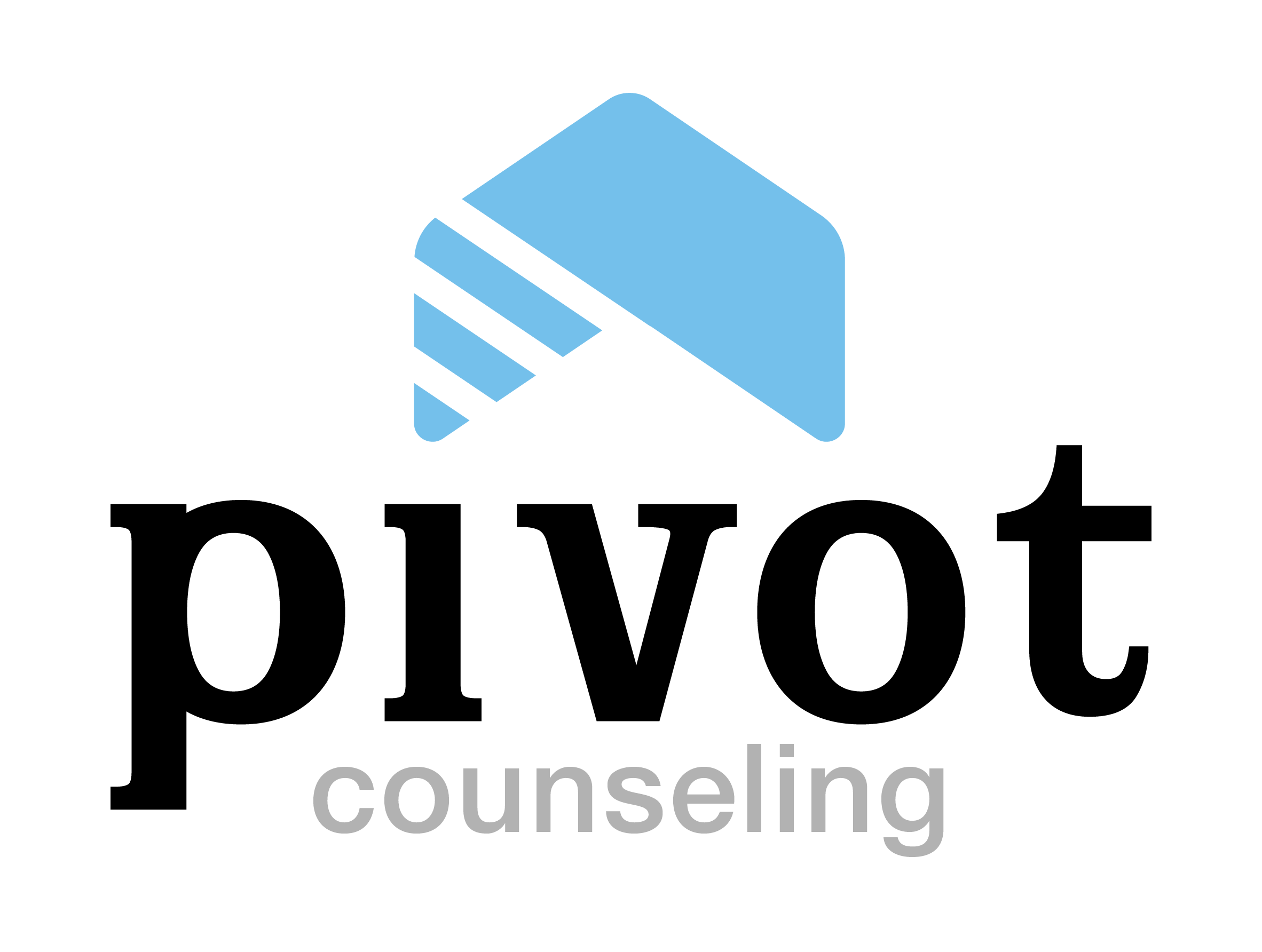What is the difference between Christian counseling and counseling with a therapist who is a Christian?
This is a common question primarily in the Christian circles that I feel needs to be addressed. There is definitely potential overlap between Christian counseling and a therapist who is a Christian. As someone who is able to do both, I want to help make the distinction between the two because there is a difference!
Let’s start with Christian counseling. Christian counseling is founded on the principle inviting God to be the center of the discussion backed by the Bible will produce healing and growth. Most things will be framed from biblical principles to include the problem being some version of sin and the solution being a greater surrender to God and living out spiritual truths. As the name implies, Christian counseling is very overt about these biblical principles to problem solve whatever challenges are being presented. Pastoral counseling will most likely fit under this camp as well as other lay ministers. One does not need to be a licensed mental health professional to conduct Christian counseling.
For clients who have a Christian background or a Christian faith themselves, Christian counseling can be very powerful and life transforming. Sometimes Christian counseling is just what they need to move past some of the stuck places in their life. A Christian counselor may utilize the right Bible verses to help the client focus on certain truths to overcome unhelpful lies and hopefully mobilize lifestyle changes as well.
A mental health professional who is a Christian will most likely approach counseling in a different manner. The licensed therapist has a deeper understanding of human psychology and behavioral patterns that have been backed by scientific research and/or tried-and-true ways of seeing the human condition. Their own Christian faith and worldview may be foundational to the way things are perceived but it is discussed in a much more covert matter because the client may not share the same Christian worldviews. A therapist who is a Christian may sometimes bring up perspectives of faith if the client brings those things into discussion. Then the faith talk becomes appropriate because it is what the client wants.
A common thought or question for people who are not Christians may be “Should I be concerned about seeing a therapist who is a Christian? I want to answer that question with a resounding NO and here is why. As mentioned earlier, the Christian faith is not the main vehicle of intervention unless it is overtly stated by the client. Therapists in general understand that we are in a position of unspoken authority and it can be seen as inappropriate or even abusive to share their faith when it is un-elicited. If this ever occurs, I want to empower you to bring this issue up with your therapist that this kind of faith talk is making you feel uncomfortable.
I also want to note that if a therapist ever says that they are a “blank slate” with neutral and purely objective values, then they are lying to you. They may try to omit their values by presenting as a “blank slate” but even that posture is a value! The reality is that all therapists have their own worldview and bring themselves into the therapy room. There is no value-neutral humans and that holds true for therapists too! I believe that the healthiest and most healing kind of relationships are authentic ones. Like a gardener has a shovel as a tool, the tool of the therapist is their authentic and trained selves. That is why it is important that the therapist’s worldview is something that resonates true to your internal values as well. For example, if a therapist describes him or herself as having a humanistic worldview (e.g., person-centered psychotherapy), the underlying premise is that people are inherently good and they can fix themselves. In contrast, a Christian worldview has the underlying premise that God is good and people can live optimal lives when they are entrusting themselves into God’s hands and spiritual community. I am not here to say which is right or wrong for you; I just want to increase your awareness that people’s worldviews not only exists but will inform the course of treatment.
A common question from someone who describes him or herself as a Christian may have is “Is Christian counseling all I need to resolve my problems?” The answer is that it depends on the person and situation. As I said earlier, Christian counseling may be exactly what some people need. In some other situations, a Christian may need a licensed mental health professional who understands the science behind what is happening that is integrated with the Christian worldview. I do not believe that a Christian is somehow deficit or weak in their faith if they seek out professional mental health support. Don’t get me wrong, I believe in the power of prayer AND often times faith without appropriate action isn’t really faith at all (James 2:26). Even from the Christian worldview, God is the one who created human psychology and fully understands mental health. Utilizing evidenced-based treatment is simply using a different kind of language and perspective that God invented from the beginning. This is a faith-integrated worldview that believes that faith and science can both co-exist and be more powerful together. For more entries like this, please visit me on my blog.


